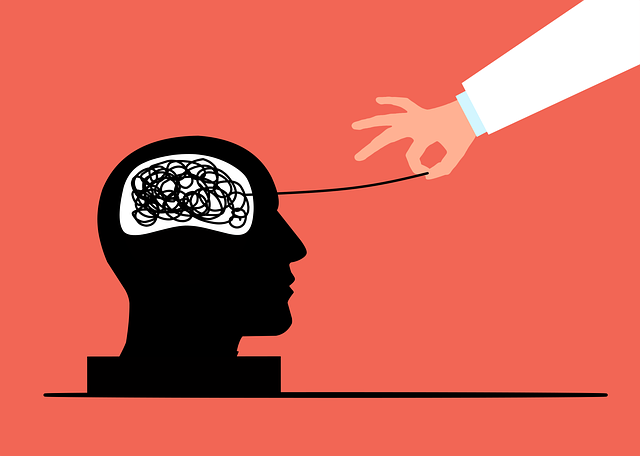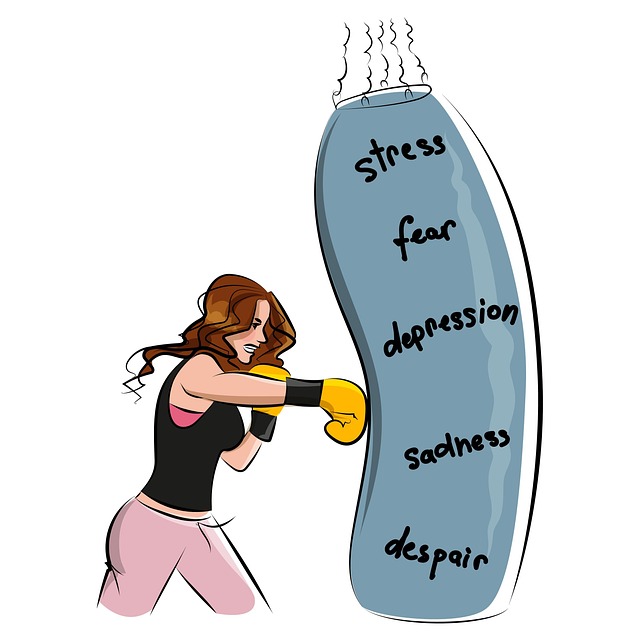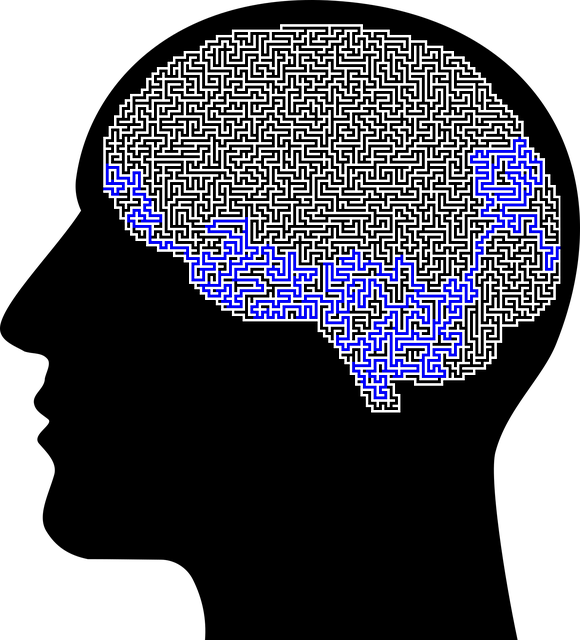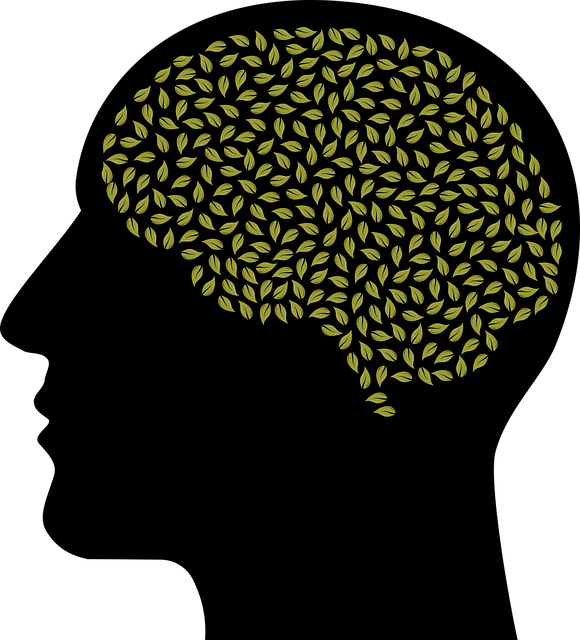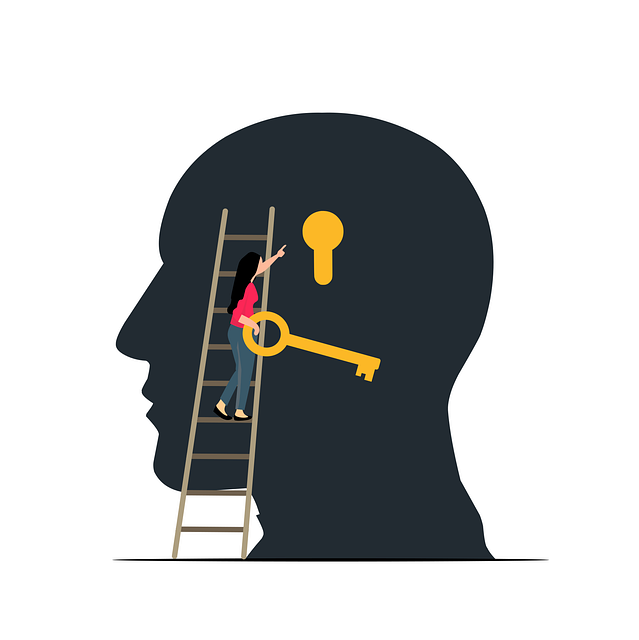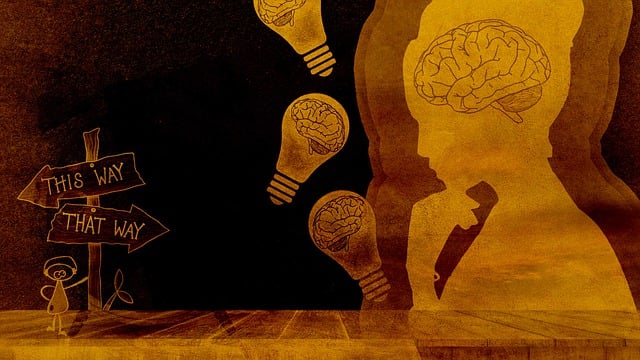Depression among young adults is a serious mental health issue with multifaceted causes. Recognizing symptoms early is crucial, as it opens doors to effective treatment options like cognitive-behavioral therapy (CBT), which targets negative thought patterns and enhances coping mechanisms. Group therapy adds peer support, while mental wellness coaching programs offer personalized emotional intelligence training for improved emotional regulation. Building resilience through these strategies is key to long-term well-being, empowering young adults to navigate challenges and maintain positive mental health.
“Depression among young adults is a growing concern, yet understanding its symptoms and causes is crucial for fostering effective coping skills. This article delves into navigating the complexities of young adult depression, highlighting key therapeutic interventions. We explore cognitive behavioral therapy (CBT), an evidence-based approach, and other techniques to enhance coping mechanisms. Additionally, practical strategies are presented to build resilience, emphasizing long-term wellbeing for this demographic. For parents, caregivers, and professionals, these insights offer a roadmap to supporting young adults in managing depression through targeted therapy.”
- Understanding Depression in Young Adults: Symptoms and Causes
- The Role of Therapy in Coping Skills Development
- Cognitive Behavioral Therapy (CBT): A Popular Approach
- Other Effective Therapeutic Techniques for Enhancing Coping Mechanisms
- Building Resilience: Practical Strategies for Long-Term Wellbeing
Understanding Depression in Young Adults: Symptoms and Causes

Depression among young adults is a significant concern, often characterized by persistent feelings of sadness, loss of interest in activities once enjoyed, and changes in appetite or sleep patterns. This mental health condition can severely impact daily functioning and overall well-being, affecting academic performance, social interactions, and relationships. Recognizing the symptoms is crucial for early intervention and effective treatment.
Symptoms may include persistent sadness, feelings of worthlessness or guilt, difficulty concentrating, fatigue, changes in appetite and sleep patterns, and even thoughts of death or suicide. The causes of depression are multifaceted, encompassing biological factors like genetic predisposition and brain chemistry imbalances, psychological factors such as negative thinking patterns and past traumatic experiences, and environmental stressors including academic pressures, interpersonal conflicts, and social isolation. Accessing therapy for young adults with depression is essential, offering evidence-based treatments like cognitive-behavioral therapy (CBT) that focus on identifying and changing negative thought patterns and behaviors, fostering positive thinking, and enhancing coping skills for stress management.
The Role of Therapy in Coping Skills Development

Therapy plays a pivotal role in facilitating coping skills development, especially for young adults grappling with depression. Through structured sessions, qualified therapists employ evidence-based techniques tailored to individual needs. These methods go beyond treating symptoms; they empower individuals with effective stress reduction strategies and mental health education programs design. By fostering self-awareness and emotional regulation, therapy helps young adults navigate life’s challenges more adaptively, ultimately enhancing their overall well-being.
For instance, cognitive-behavioral therapy (CBT) is a widely recognized approach that teaches individuals to identify and challenge negative thought patterns, replacing them with healthier alternatives. This process not only alleviates depressive symptoms but also strengthens coping mechanisms, enabling young adults to better manage future stressors. Additionally, group therapy sessions provide a safe space for peer support and shared experiences, further enriching the coping skills development process.
Cognitive Behavioral Therapy (CBT): A Popular Approach

Cognitive Behavioral Therapy (CBT) has emerged as a highly effective approach for coping skills development, particularly among young adults dealing with depression and other mental health challenges. This form of therapy focuses on identifying and changing negative thought patterns and behaviors that contribute to poor mood management. By learning to challenge and replace distorted thinking with more realistic and balanced perspectives, individuals can gain better control over their emotional responses.
CBT is built on the understanding that our thoughts, feelings, and behaviors are interconnected. Through structured sessions led by a qualified therapist, CBT provides young adults with valuable crisis intervention guidance and burnout prevention strategies. By teaching them to recognize and modify negative thought cycles, CBT empowers individuals to develop healthier coping mechanisms, enhancing their overall well-being and resilience in the face of life’s challenges.
Other Effective Therapeutic Techniques for Enhancing Coping Mechanisms

In addition to talk therapy, several effective therapeutic techniques can enhance coping mechanisms for young adults dealing with depression. Mental wellness coaching programs focus on empowering individuals to develop personalized strategies for managing their mental health. These programs often incorporate emotional intelligence training to help young adults understand and regulate their emotions more effectively.
Emotional regulation is a key component of these therapeutic approaches, teaching practical skills to navigate intense feelings and prevent them from overwhelming one’s ability to cope. By integrating these techniques into treatment plans, therapists can equip young adults with robust coping tools tailored to their unique needs, fostering improved mental wellness and resilience against depression.
Building Resilience: Practical Strategies for Long-Term Wellbeing

Building resilience is a vital aspect of long-term well-being, especially for young adults navigating life’s challenges. It involves equipping individuals with practical strategies to cope with stress, adversity, and potential mental health issues like depression. Therapy for young adults with depression often emphasizes the development of coping skills as a foundational step towards recovery. This includes teaching them to recognize and manage their emotions effectively, adopt healthy thinking patterns, and cultivate positive self-care habits.
Mental wellness coaching programs can play a significant role in building resilience by offering guidance during crises and promoting proactive mental health maintenance. These programs often incorporate crisis intervention techniques to help individuals develop a sense of control over their lives, enhance coping mechanisms, and build emotional strength. By integrating these strategies into daily routines, young adults can better navigate life’s uncertainties, reduce the impact of stress and anxiety relief, and foster overall resilience for a more fulfilling future.
Developing effective coping skills is a powerful tool for young adults facing depression. By understanding the symptoms and causes, individuals can take proactive steps towards healing. Cognitive Behavioral Therapy (CBT) has proven successful in rewire negative thought patterns, offering a structured approach to managing depression. Beyond CBT, various therapeutic techniques enhance coping mechanisms, promoting long-term resilience. With the right support, young adults can navigate their mental health journey and emerge with enhanced wellbeing. Effective therapy for young adult depression involves empowering individuals with practical strategies to cope, fostering a brighter future.

